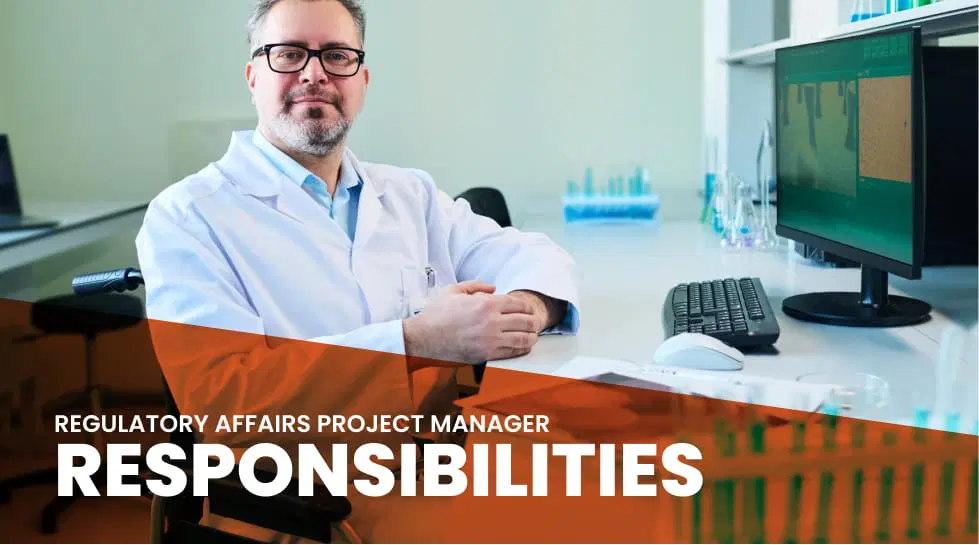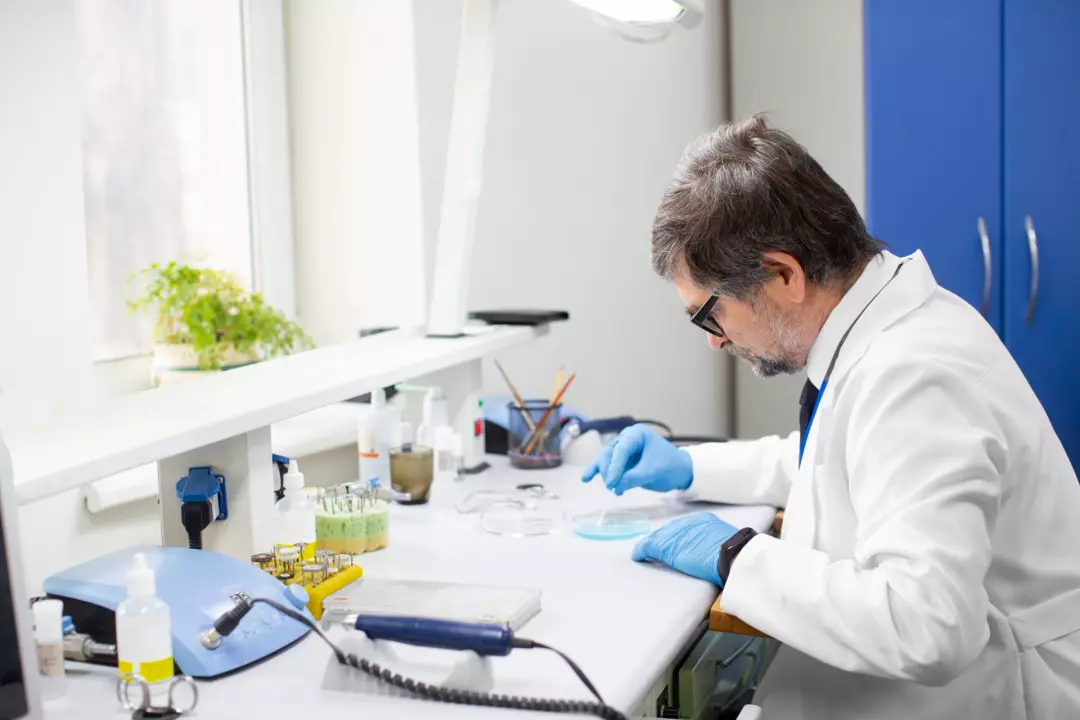A regulatory affairs project manager (RAPM) is a pivotal figure in the compliance and regulatory integrity of products or drug development within the biopharma industry. This role demands a comprehensive understanding of biopharma-specific regulations, meticulous project management skills, and effective coordination with internal and external stakeholders.
By overseeing compliance, assist with creating strategies, managing regulatory submissions, and ensuring adherence to evolving legal standards, RAPMs safeguard their organizations against risks and contribute to successful product launches.
This article will explore the intricacies of this critical role, outlining the key responsibilities, necessary skills, and career trajectories that define a successful RAPM in the biopharma industry.

Key Responsibilities
A regulatory affairs project manager offers specialized skills that are needed to ensure the success of a regulatory project.
Compliance Management
A RAPM guarantees biopharma products meet relevant government regulations. This involves interpreting complex regulatory guidelines, maintaining compliance throughout a product’s lifecycle, and addressing any queries or concerns from regulatory bodies.
To achieve this, RAPMs stay current with biopharma-specific laws and guidelines and continuously monitor and interpret changing regulations to avoid delays or rejections. Additionally, they help to create regulatory strategies and manage regulatory submissions and approvals, preparing, reviewing, and submitting necessary documentation to regulatory bodies.
Project Management
RAPMs play a key role in planning and executing regulatory projects in the biopharma industry. They develop and strategize detailed project plans that align with regulatory guidelines, setting milestones and timelines to ensure efficient progress. They also coordinate with internal teams and external stakeholders, serving as a liaison between departments such as Research and Development (R&D) and Marketing, and regulatory bodies. This coordination helps projects run smoothly, facilitating successful product launches and maintaining compliance. RAPMs monitor project progress, manage resources, and adjust plans as needed to ensure projects stay on schedule and within budget.
Documentation and Reporting
RAPMs prepare regulatory documents and submissions, ensuring completeness and accuracy before submission to regulatory bodies. They also create and maintain detailed records of all regulatory projects, providing a clear audit trail and facilitating ongoing compliance. RAPMs provide regular updates to management and stakeholders, summarizing project progress, challenges, and compliance status for transparent communication and alignment across the organization.

Required Skills and Qualifications
A career in regulatory affairs offers diverse opportunities, from entry-level roles to senior positions, allowing for professional development and specialization. Let’s explore the various stages of growth within this field.
Educational Background
A strong academic foundation is essential for an RAPM in the biopharma industry. Degrees in fields such as life sciences, pharmacy, or law provide the necessary knowledge of scientific principles, biopharma regulations, and legal frameworks. Additional certifications in regulatory affairs, such as those offered by the Regulatory Affairs Professionals Society, enhance an individual’s credentials, demonstrating expertise in the field and broadening their understanding of global regulations.
Professional Skills
RAPMs must thoroughly understand biopharma-specific regulations, including laws governing pharmaceuticals and biotechnology products. They need project management skills to plan, schedule, and execute regulatory projects effectively, coordinating resources and milestones for smooth progress. Communication skills are crucial for interacting with regulatory bodies, internal management, and cross-functional teams, facilitating collaboration and maintaining project alignment.
Soft Skills
A successful RAPM requires a variety of soft skills. Attention to detail is important for preparing accurate documentation and maintaining regulatory compliance. Problem-solving skills help navigate challenges that may arise, particularly those related to regulatory changes or project constraints. Time management skills enable handling multiple projects at the same time, balancing priorities and ensuring timely completion.
Charting a Course in Regulatory Affairs
A career as a RAPM in the biopharma industry offers the chance to impact both organizations and the broader industry significantly. As the regulatory landscape continues to evolve, so do the opportunities for those with the skills and qualifications to navigate it.
Stay current, continue developing your skills, and pursue growth opportunities to thrive in this dynamic field. The biopharma world of regulatory affairs awaits your expertise.
